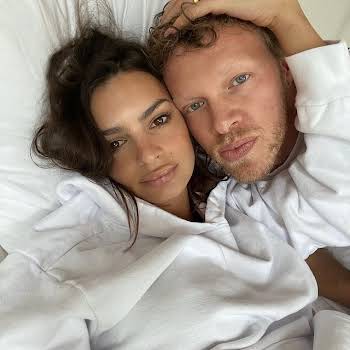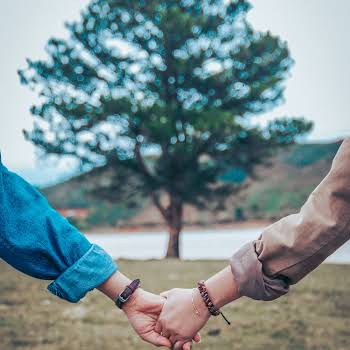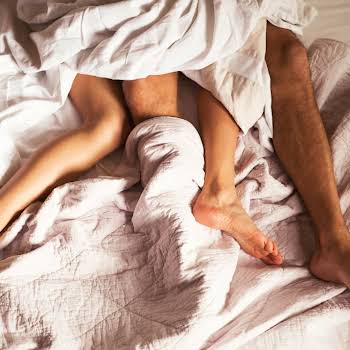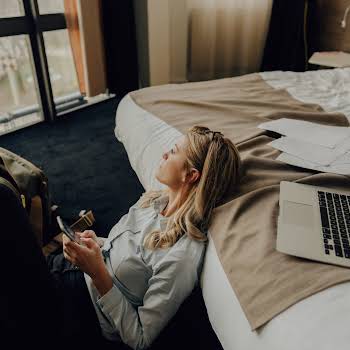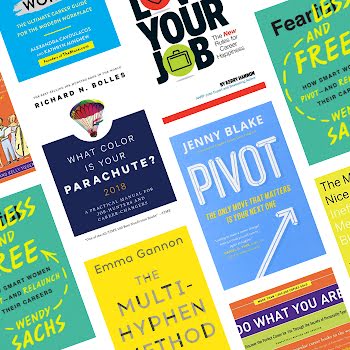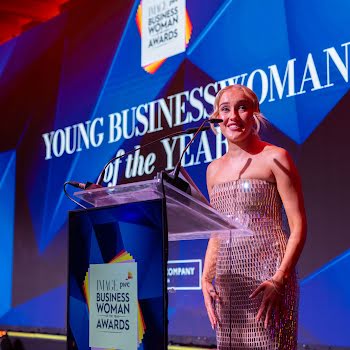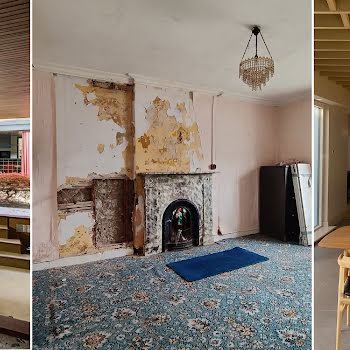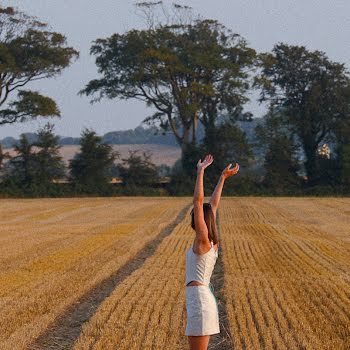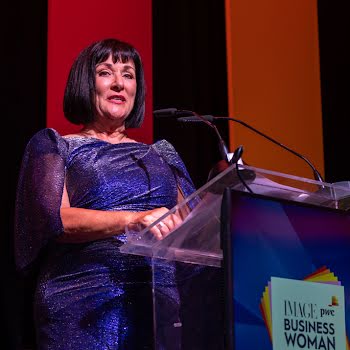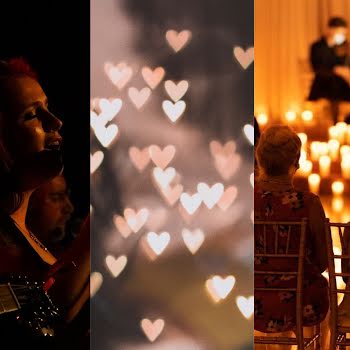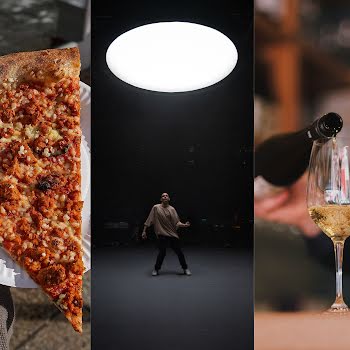By Sarah Gill
28th Jul 2022
28th Jul 2022
From lad culture and power play to self-preservation and public perception, Love Island tells us more about ourselves than we would like to admit.
Note: Please forgive my liberal appropriation of Love Island-isms throughout, it’s just how I speak now, hun. Moments ago, I asked my mother if I could pull her for a chat, then promptly told myself that I’m acting like some kind of mug. What can I say? It is what it is.
Each year, like clockwork, the doors to the Love Island villa are flung open and a new selection of sexy singletons is revealed. Coming together under the pretence of a summer of love, the islanders are competing for a chance to nab that coveted $50,000 prize, and — let’s be real here — Instagram followers, brand deals, and the greatest currency of all: clout.
In its purest form, this reality dating show is about watching hot people flirt and, despite trial and tribulation, fall hook, line and sinker for one another.
Advertisement
Is that enough to make us robotically drop everything and sit down at the strike of 9 o’clock each evening, devoting an hour to Iain Stirling’s poorly made puns and idle flanter? I think not. So, how has Love Island maintained its chokehold on society?
On the surface, the show may provide a form of mindless escapism, allowing us to throw off the shackles of modern day niceties and shout obscenities at our televisions while slumped on the sofa, covered in crumbs.
Magnifying each and every interaction to the point that each contestant becomes a character, and therefore either a hero or a villain, we take to social media to air our grievances without pause for second thought.
Privilege, race, heteronormativity, toxic masculinity, gender norms, peer pressure, gaslighting, gatekeeping, and girlbossing — this engineered reality show lends itself to critical analysis, because no matter how little happens in any given episode, the way we — as a society — respond to each episode is very telling.
From what constitutes cheating to The Great Tit Sucking of 2022, let’s take a closer look at the antics of this year’s Love Island so far, and what they trigger within ourselves.
Advertisement
The lads holiday
Is it possible to feel testosterone radiate out of your television? As soon as that Casa Amor text message came in, it was utter carnage.
A debate that’s spanned generations, Love Island’s Casa Amor challenge showed us both sides: does absence make the heart grow fonder, or is it simply out of sight, out of mind?
Aptly titled “the ultimate relationship test”, the girls were shipped off to another villa filled with eagerly awaiting single men, as a selection of single girls kept their sides of the bed warm back home.
While the ladies politely and respectfully got to know these potential new islanders, the minds of the men were occupied by one burning question: How can I possibly know I am truly happy in my current coupling, if I don’t crack on with every bird in here?
Pointedly stressing time and time again that no one is in an official relationship, and therefore loyalty is merely an added extra (cue Luca curling up on the outdoor day bed), the lads went from sending cologne-scented hoodies and rings to their other halves, to necking on with the newbies at break-neck speed.
Throughout those three short days of newfound freedom, we saw men goading one another into action, slagging off anyone who was reticent about ‘moving mad’, and when confronted with musings from the outside world, broke character entirely.
Advertisement
It’s all about optics
When the Casa Amor girls let Andrew in on how the public perceived his relationship with Tasha — she’s making him look like a mug, is settling until someone better comes along, and other similarly upsetting revelations — the once ultra nice guy became a menace to society.
Truly blindsided, Andrew seemed to believe that the people watching at home had a much better idea of how the woman he was sharing a bed with for the past number of weeks felt about him and zeroed his attention in on Coco.
After the recoupling, Andrew still couldn’t shake his feelings for Tasha, and Coco was drop-kicked to the friendzone. What ensued was perhaps the greatest piece of television of our generation. Not willing to let their quick fling die down so quietly, word of some saucy bedtime antics began to circulate around the villa, and before you know it, the following scene played out before our eyes. Shakespeare could never.
https://www.youtube.com/watch?v=HNl120l0YGE
Gender norms, power play, and double standards
Perhaps the most outwardly facing toxic pairing of the season so far is Paige and Jacques. A man who landed on the island a true archetype of the typical cheeky chappy, we’ve seen him unravel in the face of confrontation, unveil his vulnerable side with a midnight stairwell heart to heart, and promptly flex his gaslighting muscles by calling his beau Paige ‘pathetic’ when she wasn’t too jazzed that he was having flashbacks about his ex.
Seeking comfort, Paige confides in Dami, who remarked that women are ‘so confusing, man’. This is the same Dami who was egging Jacques on just days ago, acting on a similarly perplexing line of thinking. Is it okay for your friend to behave badly, as long as it doesn’t feel like a betrayal to you?
Advertisement
Likewise, that same double standard reared its ugly head when both Tasha and Ekin-Su acted like their male counterparts would in the same situation. Unafraid to cause a stir, Ekin-Su crawled across that terrace without a care in the world, and became an instant villain (liar, actress, etc) in the eyes of the public, until she came to heel.
Luca seems controlling, Damica is having the worst summer of her life, Indiyah and Dami don’t seem all that fussed about one another, and Gemma is more mature than them all, despite being a literal teenager. But these are all observations made from snippets of chit-chat spliced together and can change from episode to episode at breakneck speed.
Self-perception vs producer meddling
‘On the outside world, I would never act like this’, ‘I’m actually a very sassy person’, ‘you’re only in this to win’ — it’s all so painfully meta. This season, they’ve broken the fourth more times than we’re used to, and it’s a welcome reminder that Love Island is a well-oiled machine.
From a new take on the pre-date chant, to the thinly veiled euphemisms to keep track of what goes on when the lights go down, the same old inside jokes are reimagined for a new season. Where some couples want to be the mom and dad of the villa à la Dani Dyer and Jack Fincham, others are destined to join the ‘Destiny’s Chaldish’ hall of fame.
THE FOUNDER OF DESTINY CHALDISH IS BACK #LoveIsland pic.twitter.com/U4Aquigg86
— holly?? (@evs4hols) July 10, 2022
Advertisement
Paige has been branded ‘fake nice’, Andrew is following the Curtis Pritchard arc, and Ekin-Su has joined Maura Higgins as a woman to be reckoned with. Who these people actually are on the outside world really means nothing to us, they are merely manifestations of what we project onto them.
It is what it is, until it isn’t
Each year, the Be Kind hashtag comes back into circulation as we’re reminded to watch what we type, and remember that these contestants are real life people. Regardless, unnatural levels of hate roll in like clockwork from 9pm onwards.
It’s a reality show, a social spectacle, a unique opportunity to see how the other half live when given a very niche set of circumstances that see them lounge around for a summer making sexually-charged eye contact at one another.
Diversity does not seem to have entered the minds of the producers, nor has the knock-on impact on those watching at home. I perish the thought of teenagers gearing up for their sixth year holidays with this as their blueprint for how men and women interact.
It feels very necessary to keep in mind that while Love Island masquerades as a reality dating show, what it actually is is a very much engineered, pseudo-reality. It’s a game of love with a cash prize, and while these contestants may have opened themselves up to public scrutiny, let’s not waste our energy hating on the version of these people we’re being shown on screen.
Advertisement












